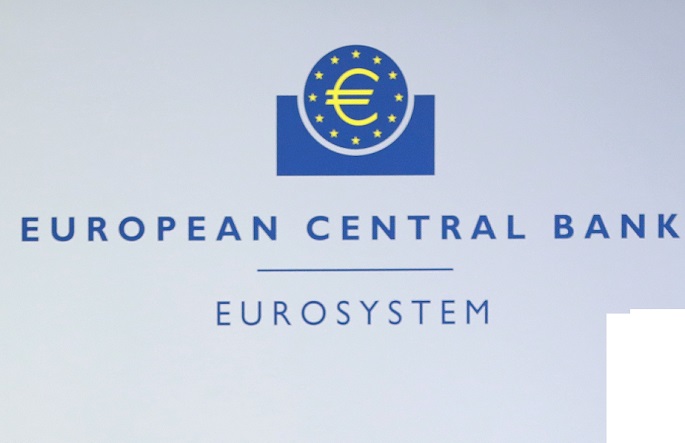ECB expands pandemic purchase program by €600b
Published : 05 Jun 2020, 00:31
The European Central Bank (ECB) announced on Thursday that it decided to expand its pandemic emergency purchase program (PEPP) by 600 billion euros to a total of 1,350 billion euros, reported news agency Xinhua.
The horizon for net purchases under the PEPP will be extended to at least the end of June 2021, the ECB said in a statement after its monetary policy meeting. Previously the program was expected to last till the end of this year.
"In any case, the Governing Council will conduct net asset purchases under the PEPP until it judges that the coronavirus crisis phase is over," the central bank noted.
The maturing principal payments from securities purchased under the program will be reinvested until at least the end of 2022, it added.
Euro area key interest rates were kept unchanged. The eurozone base interest rate will remain at 0.00 percent, with the marginal lending rate and deposit rate remaining at 0.25 percent and minus 0.50 percent, respectively, according to the statement.
The PEPP, announced on March 18, has been the centerpiece of a series of measures taken by the ECB to mitigate the economic shock caused by the coronavirus pandemic.
ECB President Christine Lagarde said in the press conference that the decision to expand and extend the program was made given the worsened inflation outlook and the significantly tighter financial conditions in the euro area as a whole.
It was a "unanimous view" in the Governing Council that action had to be taken, Lagarde said. She added that there was a broad consensus that 600 billion euros should "bring us over time significantly closer to a pre-COVID inflation path" while allowing the central bank to monitor how some key developments unfold in the coming months.
"UNPRECEDENTED CONTRACTION"
In an analysis of the macro-economy, Lagarde said the euro area economy is experiencing an "unprecedented contraction".
Although there are some signs of bottoming out with the easing of containment measures, the improvement has so far been tepid compared with the pace at which indicators plummeted in the previous months, Lagarde said.
The latest ECB staff projections, unveiled on Thursday, showed that the euro area annual real gross domestic product (GDP), in the baseline scenario, is expected to fall by 8.7 percent in 2020 and to rebound by 5.2 percent in 2021 and by 3.3 percent in 2022. The 2020 forecast was revised substantially downward by 9.5 percentage points from the March version.
This means even by the end of the projection horizon, real GDP would stand around 4 percent lower than the March 2020 staff projections, according to the ECB calculation.
Headline inflation in the baseline scenario is expected to be 0.3 percent in 2020, 0.8 percent in 2021 and 1.3 percent in 2022, all considerably lower than previous projections.
Lagarde said recent surveys and incoming data pointed to a further significant contraction of real GDP in the second quarter, but economic activity is expected to rebound in the third quarter, although the overall speed and scale of the rebound remains highly uncertain.
Meanwhile, the Eurostat's flash estimate suggested that euro area annual headline inflation fell from 0.3 percent in April to 0.1 percent in May. Lagarde said inflation is likely to decline somewhat further over the coming months and to remain subdued until the end of the year.
"A GOOD SOLUTION"
At Thursday's press conference, attention has also been centered around the recent German court ruling on the ECB's public sector purchase program. Germany's Federal Constitutional Court ruled in early May that the massive program is partially unconstitutional.
Lagarde reiterated that the ECB is under the jurisdiction of the European Court of Justice, which already ruled in 2018 that the program is in line with the ECB mandate.
The ECB is confident that "a good solution will be found" that does not compromise the independence of the ECB or the primacy of European law, Lagarde said.
She noted that the central bank has always reviewed the effectiveness, efficiency and cost benefits of its policy decisions.
Immediately following the announcement of the new ECB stimulus, which exceeded the market expectation of 500 billion euros, the euro surged to a multi-month high of above 1.13 against the U.S. dollar.
Marcel Fratzscher, president of Berlin-based German Institute for Economic Research (DIW) said the decision to expand PEPP is a signal for the continuation of the ECB's monetary policy stance, despite the recent German court ruling.
Fratzscher said the the ECB assumes that the euro zone will not reach its pre-crisis level again in two to three years, and also sees a significant risk of deflation. The ECB has no choice but to continue to pursue its accommodative monetary policy, he commented.


